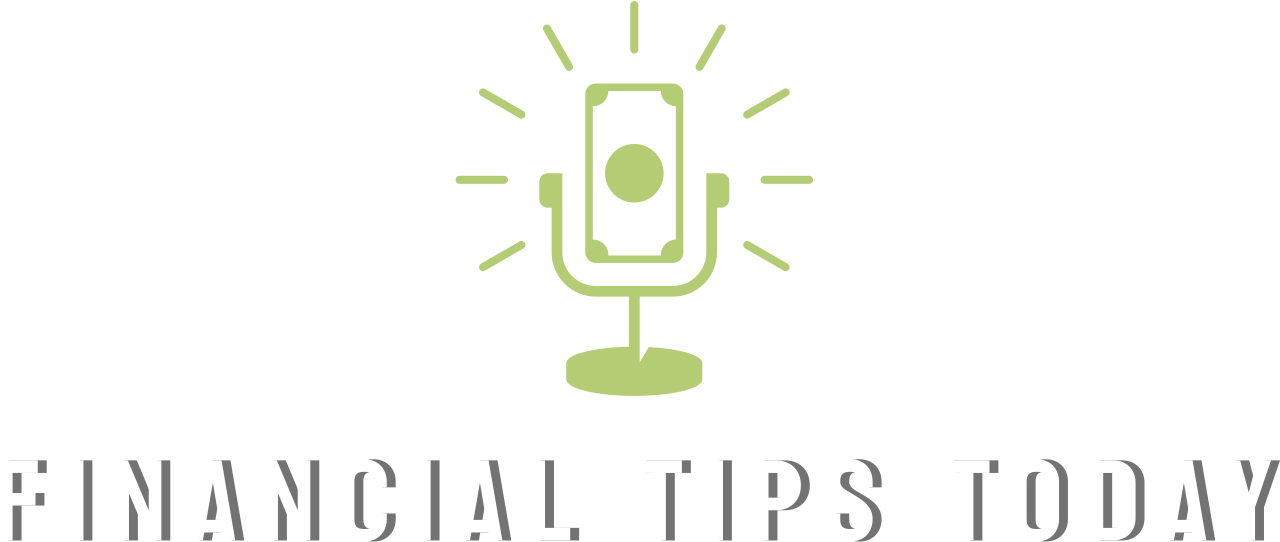Taking on a mortgage is one of the most significant financial commitments many people will make in their lifetime. Navigating the mortgage process can be daunting, but with the right strategies and knowledge, you can secure a mortgage that suits your financial situation and helps you build equity in your home without undue stress. Here are some key tips to help you master your mortgage journey.
Understand Your Financial Situation
Before applying for a mortgage, it’s crucial to have a clear understanding of your financial situation. Calculate your monthly income, expenses, and debts to determine how much you can afford to spend on a home. This will give you a realistic idea of the price range you should be considering.
Check Your Credit Score
Your credit score plays a significant role in determining the interest rate you will be offered. A higher credit score usually means a lower interest rate, which can save you thousands of dollars over the life of your loan. Obtain a copy of your credit report, check for errors, and take steps to improve your credit score if necessary.
Save for a Down Payment
The larger your down payment, the less you’ll need to borrow and the lower your monthly mortgage payments will be. Aim to save at least 20% of the home’s purchase price to avoid private mortgage insurance (PMI) and secure better loan terms.
Explore Different Loan Options
There are various types of mortgage loans available, including fixed-rate mortgages, adjustable-rate mortgages (ARMs), FHA loans, VA loans, and more. Each type has its advantages and disadvantages. Research different loan options and choose one that aligns with your financial goals and risk tolerance.
Get Pre-Approved
Getting pre-approved for a mortgage gives you a clear picture of how much you can borrow and shows sellers that you are a serious buyer. To get pre-approved, you’ll need to provide your lender with financial information, including your income, assets, and debts.
Shop Around for the Best Rates
Interest rates can vary significantly from one lender to another, so it’s important to shop around. Compare rates from multiple lenders, including banks, credit unions, and online lenders, to find the best deal. Even a small difference in interest rates can have a big impact on your monthly payments and the total cost of the loan.
Understand the Terms and Conditions
Before signing on the dotted line, make sure you fully understand the terms and conditions of your mortgage. Pay attention to the interest rate, loan term, monthly payments, and any fees or penalties associated with the loan. Ask questions if anything is unclear.
Consider the Total Cost of Homeownership
Remember that the cost of homeownership extends beyond the mortgage payment. You’ll also need to budget for property taxes, homeowners insurance, maintenance, and repairs. Factor these costs into your budget to ensure you can comfortably afford your new home.
Lock in Your Interest Rate
Once you’ve found a mortgage with a favorable interest rate, consider locking it in to protect yourself from rate increases while your loan is being processed. Rate locks typically last from 30 to 60 days, but some lenders offer longer lock periods.
Prepare for Closing
The closing process involves finalizing your mortgage and transferring ownership of the property. Be prepared for closing costs, which typically range from 2% to 5% of the loan amount. Review all closing documents carefully and ensure everything is in order before the closing date.
Keep Your Finances Stable
Avoid making major financial changes, such as changing jobs or taking on new debt, during the mortgage application process. Lenders want to see stability in your finances, and any significant changes could jeopardize your loan approval.
Seek Professional Advice
If you’re unsure about any aspect of the mortgage process, consider seeking advice from a financial advisor or mortgage broker. These professionals can provide valuable guidance and help you make informed decisions.
Plan for the Future
Think about your long-term financial goals and how your mortgage fits into them. Consider factors such as potential changes in income, family size, and future expenses. Choosing a mortgage that aligns with your long-term plans can help ensure financial stability and peace of mind.
Stay Informed
The mortgage market is constantly changing, so it’s important to stay informed about current trends and developments. Regularly review your mortgage terms and consider refinancing if it can save you money or better suit your financial needs.
Final Thoughts
Mastering the mortgage process requires careful planning, research, and attention to detail. By understanding your financial situation, exploring your options, and making informed decisions, you can secure a mortgage that supports your journey to homeownership and financial well-being. Remember, the key to success is preparation and informed decision-making. Happy home buying!





 GOOGL
GOOGL  META
META
Leave a Comment